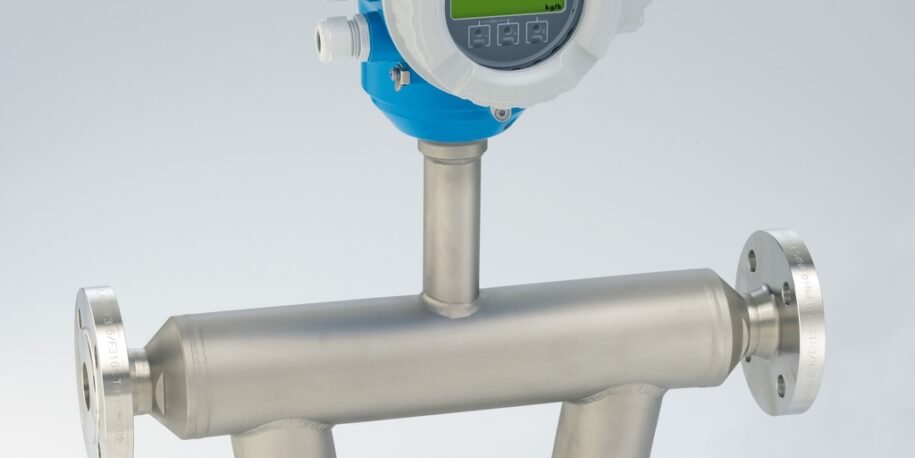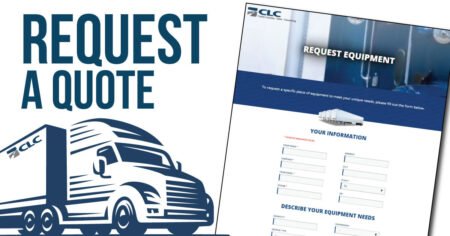In modern industries, density meters in pipeline applications are essential for real-time monitoring and control of liquids and slurries. These devices ensure optimal process performance, product consistency, and regulatory compliance across various sectors. This article explores how density meters are used in pipeline applications, their benefits, and the industries that rely on them.
What Is a Density Meter for Pipeline Applications?
A pipeline density meter is a device designed to measure the density of fluids and slurries flowing through a pipeline. It provides continuous, real-time data without the need for sampling or lab analysis. This real-time insight helps operators monitor and control critical process parameters more effectively.
How Does It Work?
Pipeline density meters operate using several advanced technologies:
- Vibrating Tube Technology: The meter’s tube vibrates at a specific frequency. The frequency changes based on the density of the fluid passing through it.
- Ultrasonic Technology: Measures the time it takes for ultrasonic waves to pass through the fluid, which correlates with its density.
- Coriolis Technology: Simultaneously measures mass flow rate and density using the Coriolis effect, making it ideal for high-precision applications.
Benefits of Using Density Meters in Pipeline Applications
1. Real-Time Monitoring and Control
Continuous density measurement allows operators to make immediate adjustments to optimize process performance.
2. Improved Product Quality
Maintaining consistent density ensures the final product meets quality standards, reducing the risk of rejects and rework.
3. Operational Efficiency
Real-time data minimizes downtime, reduces waste, and maximizes resource utilization, leading to significant cost savings.
4. Non-Invasive and Easy Integration
Density meters can be installed directly into pipelines without disrupting operations, and many models offer seamless integration with existing control systems.
5. Compliance and Safety
In industries with strict regulations, such as oil and gas or food production, density meters help maintain compliance by ensuring products meet required specifications.
Key Applications of Density Meters in Pipelines
1. Oil and Gas Industry
- Monitor crude oil density during extraction and refining processes.
- Control drilling fluid density for improved well stability and performance.
- Ensure pipeline integrity by monitoring multiphase flows.
2. Food and Beverage Industry
- Measure the density of syrups, sauces, and dairy products for consistent quality.
- Optimize blending processes and ensure accurate ingredient ratios.
3. Chemical and Petrochemical Industry
- Monitor reaction progress by measuring density changes in real time.
- Ensure precise control of chemical concentrations in pipelines.
4. Mining and Mineral Processing
- Monitor slurry density to optimize ore processing and improve recovery rates.
- Ensure efficient tailings management and water usage.
5. Pulp and Paper Industry
- Control pulp slurry density for consistent paper thickness and quality.
- Improve chemical recovery processes.
Choosing the Right Density Meter for Pipeline Applications
When selecting a density meter for your pipeline system, consider these factors:
- Fluid Type and Properties: Ensure the meter is suitable for the type of fluid, including its viscosity, temperature, and pressure.
- Accuracy and Precision Requirements: Choose a device that meets the accuracy level your process demands.
- Installation and Maintenance Needs: Look for easy-to-install, low-maintenance options to minimize downtime.
- Integration and Connectivity: Modern meters offer advanced digital communication protocols for seamless integration with control systems.
Conclusion
A density meter in pipeline applications is an indispensable tool for industries that require real-time monitoring and precise process control. Whether in oil and gas, food processing, or mining, these devices help maintain product quality, optimize resource usage, and reduce operational costs. By investing in the right density meter, businesses can achieve improved performance, regulatory compliance, and long-term success.







